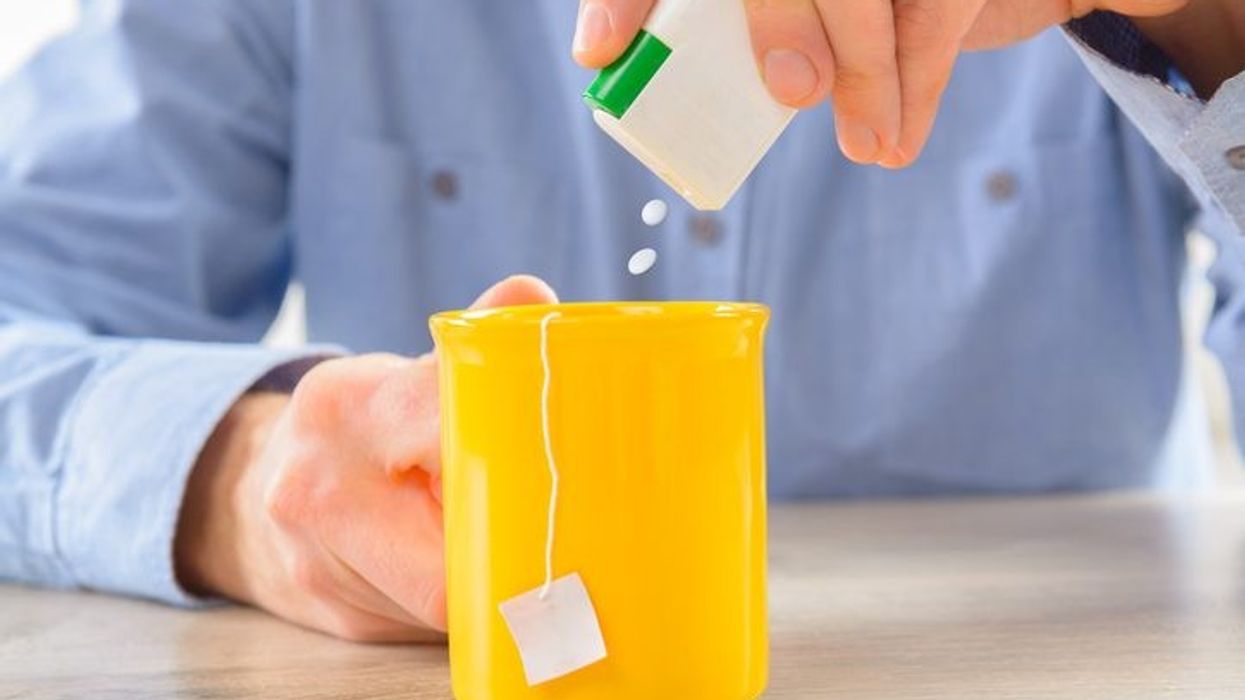The World Health Organization (WHO) has released new guidelines discouraging the use of non-sugar sweeteners as a healthier substitute for real sugar.
The review highlights artificial sweeteners such as Splenda, Equal, and Stevia, do not guarantee long-term weight loss and should not be relied upon to manage body weight, media reports said.
While these sugar substitutes are FDA-approved and commonly used, the WHO expressed concern over potential long-term health risks associated with their overuse. They caution against marketing them as healthier alternatives.
Francesco Branca, WHO Director for Nutrition and Food Safety, states that replacing sugar with artificial sweeteners does not effectively aid in long-term weight control. Instead, individuals are encouraged to reduce their intake of free sugars by consuming naturally occurring sugars from fruits and unsweetened food and beverages.
Branca emphasises that sugar substitutes lack nutritional value and should be minimised in one's diet from an early age for improved health.
It is important to note that the guidelines do not apply to individuals diagnosed with diabetes, as the study did not include participants with preexisting diabetes and therefore could not assess their response to sugar substitutes.
The main objective of these guidelines is to inform consumers that although artificial sweeteners are marketed as diet-friendly alternatives, they do not deliver the expected health benefits.
The review examined 283 studies, which revealed that nonsugar substitutes have only a minor impact on reducing body weight and calorie intake compared to sugar.
Furthermore, long-term and consistent use of artificial sweeteners may pose health risks such as heart disease, Type 2 diabetes, and increased mortality risk in adults.
According to experts, while considering new health information, it is important to differentiate between association and causation. Erin Palinski-Wade, author of "2 Day Diabetes Diet," advises caution and highlights that individuals who seek out sugar substitutes may also engage in other dietary and lifestyle factors that contribute to obesity, Type 2 diabetes, and cardiovascular disease.
It does not necessarily mean that artificial sweeteners directly cause these conditions.
Overall, nutrition experts recommend limiting the intake of both artificial sweeteners and real sugar for maintaining good overall health.




